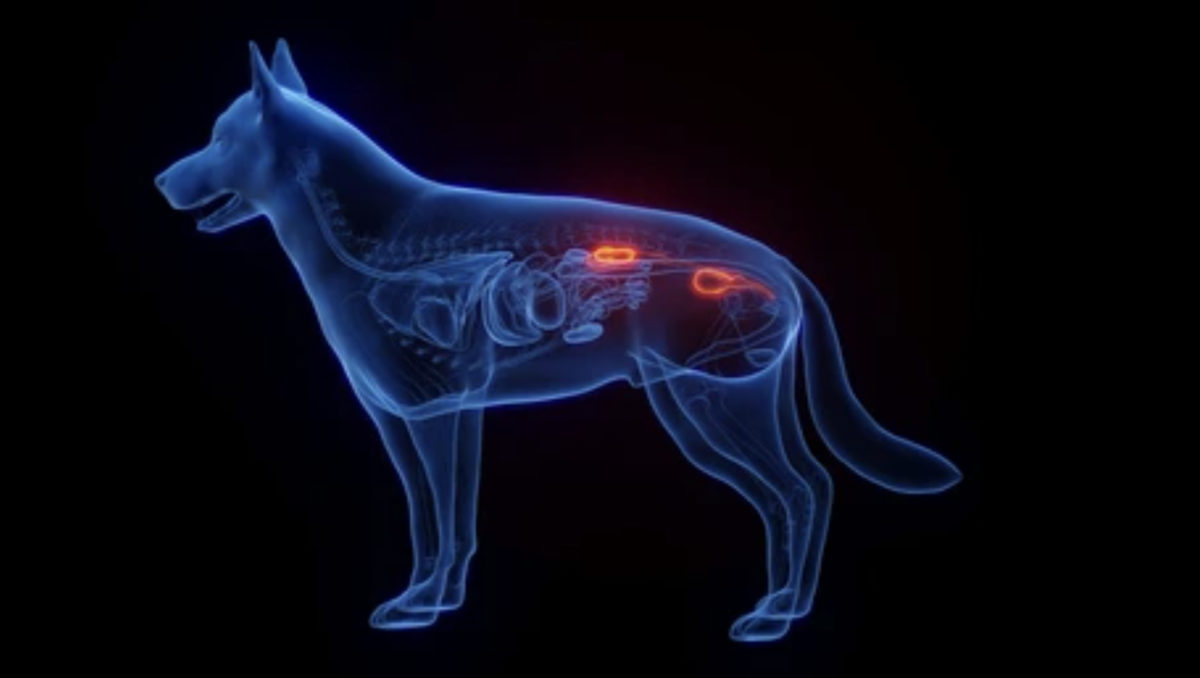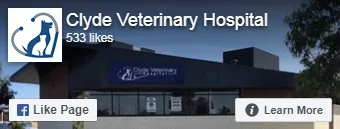Kidney Disease in Dogs and Cats: Signs, Causes, and How You Can Help

At Clyde vet hospital, we know how much your furry family members mean to you. When your dog or cat isn’t feeling their best, you want answers — and kidney disease is one condition that deserves every pet owner’s attention.
Kidney (or renal) disease in pets can develop quietly over time, often without obvious symptoms at first. Understanding what to watch for and how to protect your pet’s kidneys can make all the difference in keeping them healthy and happy.
💧 What Do the Kidneys Do?
The kidneys are amazing organs that:
- Filter toxins and waste from the blood
- Regulate fluid and electrolyte balance
- Help control blood pressure
- Produce hormones for red blood cell health
When the kidneys stop working properly, toxins can build up in the bloodstream, making your pet feel tired, nauseous, and unwell.
⚠️ Common Causes of Kidney Disease in Pets
Kidney disease in dogs and cats can be acute (sudden) or chronic (long-term). Common causes include:
- Urinary tract infections (UTIs): When bacteria travel up from the bladder to the kidneys, they can cause inflammation and damage.
- Kidney or bladder stones: These can block urine flow, increase pressure, and lead to kidney injury.
- Toxins: Ingesting antifreeze, certain human medications (like ibuprofen), or toxic plants can cause sudden kidney failure.
- Genetic or congenital disorders: Some breeds, like Persians and Bull Terriers, are more prone to kidney problems.
- Aging: As pets get older, kidney tissue naturally loses efficiency.
👀 Early Signs of Kidney Disease in Dogs and Cats
Because symptoms can be subtle, it’s important to notice small changes in your pet’s behavior or habits. Watch for:
- Increased thirst or urination
- Loss of appetite or weight loss
- Vomiting or bad breath with a “metallic” or “ammonia-like” smell
- Lethargy or sleeping more than usual
- Dull coat, dehydration, or poor grooming habits
If you notice any of these signs, schedule a veterinary exam and kidney screening right away. Early testing (including blood work and urinalysis) can detect kidney issues before they become severe.
🧪 UTIs, Kidney Stones, and Bladder Problems
Urinary tract infections and urinary stones are two of the most common causes of kidney stress in pets.
- UTIs often cause frequent urination, straining, or accidents in the house. Cats may lick their genital area excessively or cry in the litter box.
- Stones or crystals (uroliths) can develop in the bladder or kidneys due to infection, diet, or imbalances in minerals. They can irritate the urinary tract — or even block urine flow, which is a life-threatening emergency, especially in male cats.
Prompt diagnosis and treatment — often including urine tests, X-rays, or ultrasound — can prevent complications and preserve kidney health.
❤️ How to Support Your Pet’s Kidney and Urinary Health
You can do a lot to help protect your dog or cat’s kidneys at home:
✅ Encourage hydration: Always provide fresh, clean water. Wet or prescription kidney diets can also help increase fluid intake.
✅ Feed a balanced diet: Ask your vet about diets that support kidney and urinary health.
✅ Schedule regular check-ups: Annual or semi-annual bloodwork can detect kidney changes early.
✅ Monitor urination habits: Report any changes in frequency, color, or odor of urine.
✅ Avoid toxins: Never give human medications unless prescribed by your vet.
🏥 When to Visit Your Veterinarian
If your pet is drinking more, urinating more (or less), or showing signs of discomfort when peeing, don’t wait. Kidney and urinary diseases are most treatable when caught early.
At Clyde Vet Hospital we offer complete kidney and urinary health assessments, including:
- Blood chemistry and urinalysis
- Blood pressure monitoring
- Imaging (ultrasound or X-rays)
- Tailored kidney-friendly diets and hydration plans
Your pet’s health and comfort are our priority — and early care can add years to their life.
✳️ Final Thoughts
Kidney disease in dogs and cats can sound scary, but with the right care, many pets live long, fulfilling lives. Stay alert to subtle changes, schedule routine wellness exams, and never hesitate to reach out if something seems off.
💚 Your pet trusts you to notice the little things — and we’re here to handle the rest.
Book an Appointment Today
About the Author:
Dr. Irene Mitry is the owner and founder of Clyde Veterinary Hospital, and a vet with a difference. She has not one, but two veterinary degrees, and an abiding passion for preventative pet care. Her life-long love for our animal friends shines through in everything she does, as her client testimonials show. Dr Mitry’s long-standing desire to bring this philosophy of care to life in her own purpose-built veterinary clinic led her to found Clyde Veterinary Hospital in 2018.


